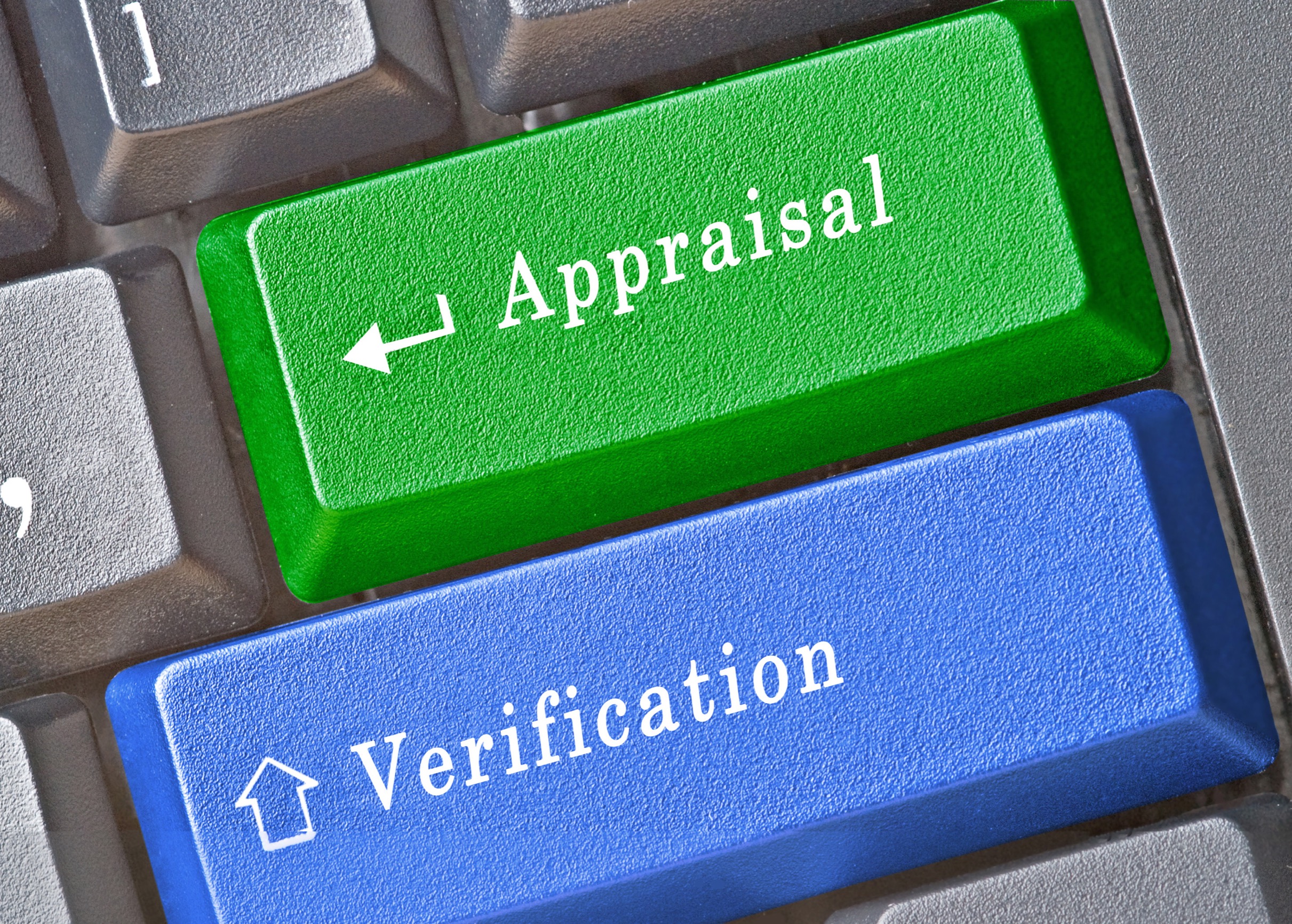- Home
- Cost of Buying a Home
- Home Buying Contingencies
Home Buying Contingencies
Home buying contingencies are an important concept to incorporate in to your planning. The realities of life have an uncanny way of disrupting any well thought out plan. It is just a fact of life, and having a reserve set of funds to deal with some of the ones that can cost you will keep everything moving in the direction you intended.

I had the opportunity to work on some projects for the military, and my client contact let me in on one of the military’s important axioms: “A good plan never survives first contact with the enemy”. In other words, despite the best of planning, there is always another group or situation which has a say in what actually happens.
Life happens - having home buying contingencies for the duration of the process can make a difference in your own stress levels as well as having the means to complete the transaction as smoothly as possible. The main questions we will address here are:
- what are home buying contingencies?
- What are the typical ones used?
- Other contingencies you might use like Funding Reserves?
Regardless of which method you choose, so long as you have something set aside for a rainy day, it will put you in a better position for those unexpected events.
What Are Home Buying Contingencies?
Home buying contingencies refer to contractual provisions included in a purchase agreement that outline specific conditions that must be satisfied for the sale of a property to proceed.
These conditions typically protect the buyer's interests by allowing them to back out of the contract or negotiate changes if certain predefined circumstances are not met. Contingencies are designed to provide buyers with a period of time to conduct inspections, secure financing, and assess the property's condition, ensuring they can proceed with the purchase with confidence.

Another type of contingency, I call it a funding reserve, is when the the buyer keeps an amount of money or funding set aside to make sure they will have the means to pay for unplanned expenses. For example, on closing, the bank may decide they will need to do a formal appraisal, whereas previously they said they would be good with an in-house appraisal.
Typical Home Buying Contingencies
The typical home buying contingencies used in an agreement of purchase and sale are used to address the main risks for a buyer in the home buying process. Sometime there are other less frequent risk which will apply to some properties but not most, and if you have done your research on the area in which you are planning to purchase, you will likely want to include a similar type of contingency in your offer / agreement of purchase. If you are working with a real estate agent, they will likely have suggestions on how to word the contingency.
Here are the typical risks for buyers, and the types of contingencies which address those risks:
Appraisal Contingency:
Issues with the appraisal:
The property is appraised at a lower value than the agreed purchase price. Mortgages could be reduced to 75% of the appraised value.
Contingency:
Have the offer conditional on the completion of the appraisal. This can be combined or replaced by the financial condition below. On the off chance the appraisal is not tied to a mortgage, then you may want this contingency on its’ own.

Home Inspection Contingency:
Home Inspection Issues:
There are one or more major issues which will be more expensive to fix, or cannot be fixed. Perhaps the number of issues was more than first appeared.
Contingency:
Have the offer conditional on the Home Inspection. In some cases you may want to have a condition more specific to the nature of the property or add conditions. For example termites; pool inspection; or some houses have aluminium wiring, and insurance companies often have additional certifications required by trained electricians separate to the home inspection.
Financing Contingency:
Financial Issues:
If you are applying for a mortgage as a condition of the purchase, there is a risk that the bank or lender may not see the property or its’ value on the same light as you do. Until you have the formal approval in hand, the bank may decide to change the rates or mortgage amount, or possibly not lend at all (albeit very rare).
Contingency:
Have the offer conditional on financing approval.
Title Contingency:
Issues with the ownership title attached to the property:
Previous owners may have used the property as collateral on other types of loans not connected with the purchase of the property itself. There also may be a judgement registered on the property’s title due to legal process take against a previous owner. Any claims against the property must be registered with the municipality or county. The history should be checked on every purchase to ensure the title is “clean” or “free of encumbrances”.
Contingency:
You can have the offer conditional on title search or even legal review (which could cover more than one situation). In addition, you may want to consider purchasing “Title Insurance” which will cover liabilities related to a property title.
A Note on Buying “As Is”:
Some properties may be sold in an “as is” condition. Essentially the seller is not interested in warranting the condition of the property at all and unless there is some illegal aspect to the condition, the price and all sales will be final. Properties sold because of foreclosures or were previously long term rentals can be sold in this way because the owner never set foot on the property. In this case you may still conduct inspections, but they will have no bearing on the sale itself. The seller may still entertain the contingencies or offer conditions, however, the price will usually not be negotiable as it has likely been heavily discounted already. The only decision then is to buy or not to buy.
Funding Reserves for Home Buying Contingencies
Here are some ideas on how to calculate an amount:
- Use a percentage of the property purchase - anywhere from 1% to 5%. 2% is a reasonable amount.
- Spend as much time as you can narrowing down the variables so you can base your contingencies as percentages of the remaining unknowns. Then have a specific amount identified based on a best guess. For example, if you are not sure if an air-conditioning unit will need replacing, then have a contingency budget of $3000.
- Use your “Discretionary” budget as your contingency knowing that when unexpected costs arise, you will have to knock items off your wish list or delay them for another year or two.
Feel free to come up with your own system or chat with friends who recently bought their own home to see what they did, or what they regretted not doing. As long as you have something set aside, you will not be caught entirely unprepared.
Either way, it is a means for a buyer to deal with some of the risks that come with the process of buying a home
** You may also want to read up on the Cost of Owning A Home to find out what costs occur once you have completed the purchase!
Home > Cost of Buying a Home > Home Buying Contingencies (This page)